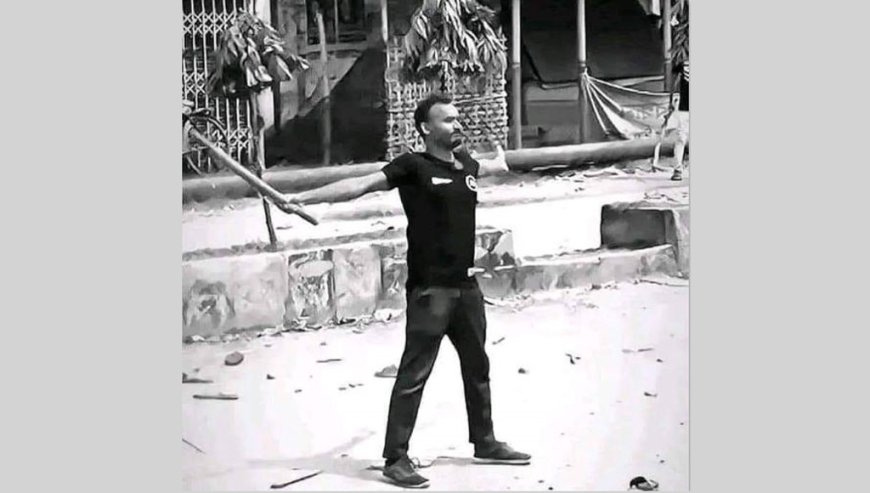I had nearly given up on Bangladesh-related activism by the monsoon of 2024, and wasn’t paying much attention to the gathering storm. Abu Sayed’s self-sacrifice on 16 July 2024, along with the violence unleashed by Sheikh Hasina’s goons, changed all that. At the request of a few fellow diaspora dissidents and activists, I drafted a statement condemning the violence. Death toll at the first draft was six, rising to 32 by the time it was sent for release. Signatories included people living across the world, most of whom had never bothered with politics. I don’t know whether the statement was ever published though, as events moved on in Bangladesh.
I post the statement to mark the beginning of the end of a brutal despotic regime, the like of which should never return to Bangladesh.
STATEMENT CONDEMNING VIOLENCE BY THE LAW ENFORCEMENT AGENCIES AND RULING PARTY STUDENT THUGS AGAINST STUDENT PROTESTS IN BANGLADESH
Against the backdrop of galloping cost of living, widening inequality, and worsening opportunities, university students in Bangladesh had been waging a peaceful movement demanding reform of quotas for public sector employment. Instead of addressing the students’ concerns through dialogue and consultation, the government has chosen a path of escalation and violence, starting with condescending and insulting remarks from the highest echelons of the ruling regime to the use of violence by the ruling party’s cadres and various law enforcement agencies. At the time of writing (at 7 pm BDT on 18th July 2024), at least 32 individuals have been killed, and several hundred injured, by the regime. The government has reportedly closed various educational institutions across the country – reminiscent of tactics deployed by military regimes in the 1960s and the 1980s to quell protests and dissent.
As members of the global Bangladeshi diaspora, we are extremely concerned with the events unfolding in Bangladesh and the gross human rights violation by the law-enforcement agencies and security forces.
We condemn the use of violence against the students and demand the reform of the quota system, and demand independent inquiries into these violent incidents, with appropriate punishment for those responsible.
Further, we express our solidarity with the students in their constitutionally enshrined right to express their freedom of speech and make their demands heard, as all citizens of Bangladesh should have the right to do.
Finally, we urge the government to open all educational institutions immediately, and enter into a dialogue with the students.
The students are our future. If we brutalise and traumatise them, the future of our nation, as an independent polity and a functional republic, may never recover.
We believe the freedom fighters of 1971 would have recoiled in horror to see their name and ideology being used to suppress the current youth of Bangladesh. The youth of Bangladesh, the students of Bangladesh, and the people of Bangladesh, all deserve better.



